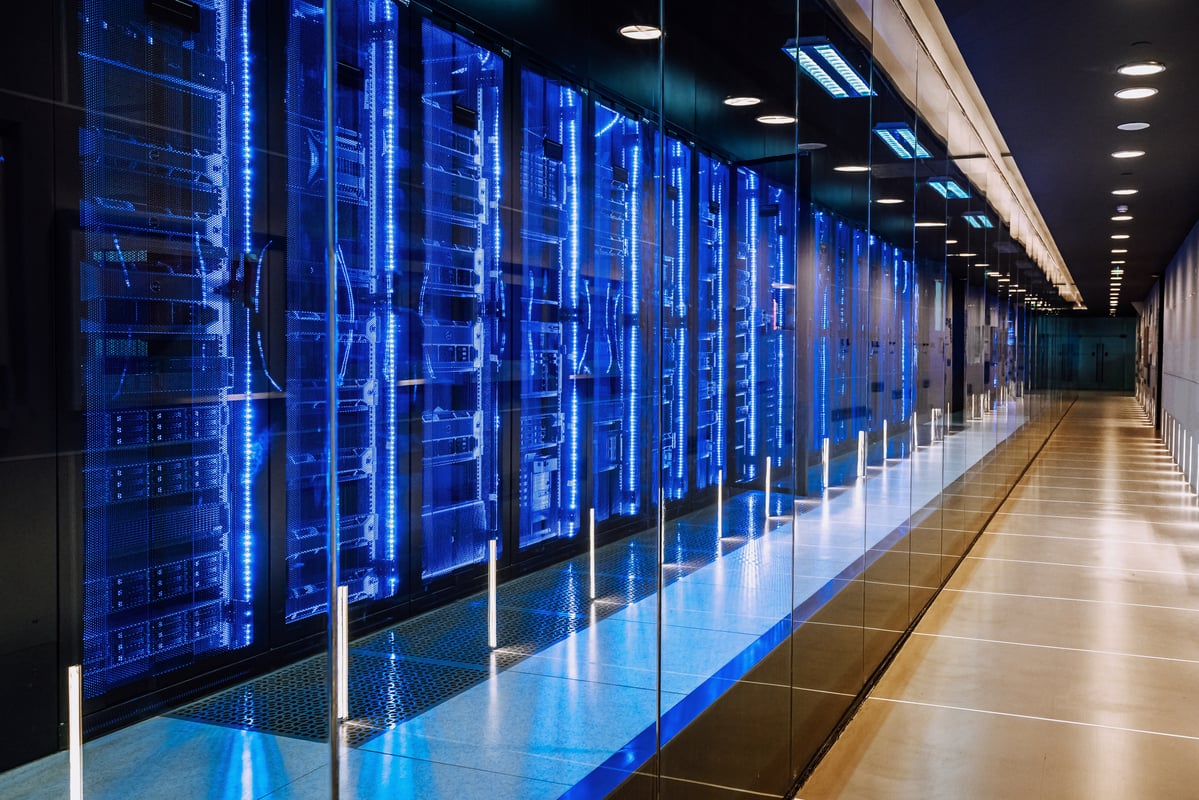The blistering artificial intelligence (AI) trade that has fueled the bull market for years recently showed signs of fatigue, as investors began to question high valuations and other factors affecting the broader sector. Few companies are more impactful on AI than Microsoft (MSFT +0.77%), which appears to be forging deals and alliances with nearly every major company in the space, from Nvidia to CoreWeave.
Recently, Microsoft CEO Satya Nadella delivered some insights that may present at least a temporary roadblock for the sector. The insights suggest bad news for AI investors.

Image source: Getty Images.
Lack of capacity is becoming a problem
AI is fueled by large language models (LLMs), which are built on the foundation of enormous datasets that utilize trillions of words, or tokens. Whether it's for training or computation, running LLMs requires data centers with massive amounts of power that naturally consume a significant amount of electricity.
As LLMs improve and the models train themselves to become smarter, some experts expect that their energy consumption will become more efficient. However, it's hard to say what inning of the AI game we are in, and difficult to know when, or even if, that will actually happen.
According to a lengthy report from MIT Technology Review published in early May, the footprint of AI in the U.S. is likely as small as it will ever be. The report cites projections published by the Lawrence Berkeley National Laboratory that indicate that AI could eventually consume the equivalent energy of 22% of all U.S. households, and half of all electricity being used by data centers.
That's an issue, and it's why hyperscalers like Microsoft are spending tens of billions of dollars this year on capital expenditures to build out their AI infrastructure. A recent report from analysts at JPMorgan Chase estimates that $5 trillion will be spent on AI infrastructure over the next five years. In the meantime, companies are already running into capacity issues.

NASDAQ: MSFT
Key Data Points
During a recent interview on the BG2 podcast, Microsoft CEO Satya Nadella emphasized that a lack of power is becoming the biggest issue for the hyperscalers as they look to deploy new AI solutions:
[T]he biggest issue we are now having is not a compute glut, but it's power -- it's sort of the ability to get the builds done fast enough close to power. So, if you can't do that, you may actually have a bunch of chips sitting in inventory that I can't plug in. In fact, that is my problem today. It's not a supply issue of chips; it's actually the fact that I don't have warm shells to plug into.
A potential drag on AI
Just because power might be constrained now or in the future, that doesn't mean the AI trade is dead. But as in the internet boom of the 1990s and early 2000s, AI may encounter roadblocks that slow it down, or even cause an outright reset of the price for some hot AI stocks that had spiked to this point.
While the biggest companies in the world are collectively plowing hundreds of billions of dollars into AI infrastructure, investors are naturally going to ask when they'll see returns on these investments. Some fear that AI won't be as ubiquitous as everyone imagines, and all of this buildout will turn out to be excessive. There are also environmental concerns about the excessive electricity usage, particularly given well-documented concerns over global warming.
Nadella's comments should serve as a warning to investors to take a step back and truly evaluate not just the benefits of AI, but also the challenges associated with building out such a game-changing technology.
I won't pretend to know all the answers to these pressing questions, but I would recommend that you review the stocks you own and try to justify any valuations that seem exorbitant. Even the best stocks in the world have a price, and the market will usually find a way to humble you more than once in your investing journey.





